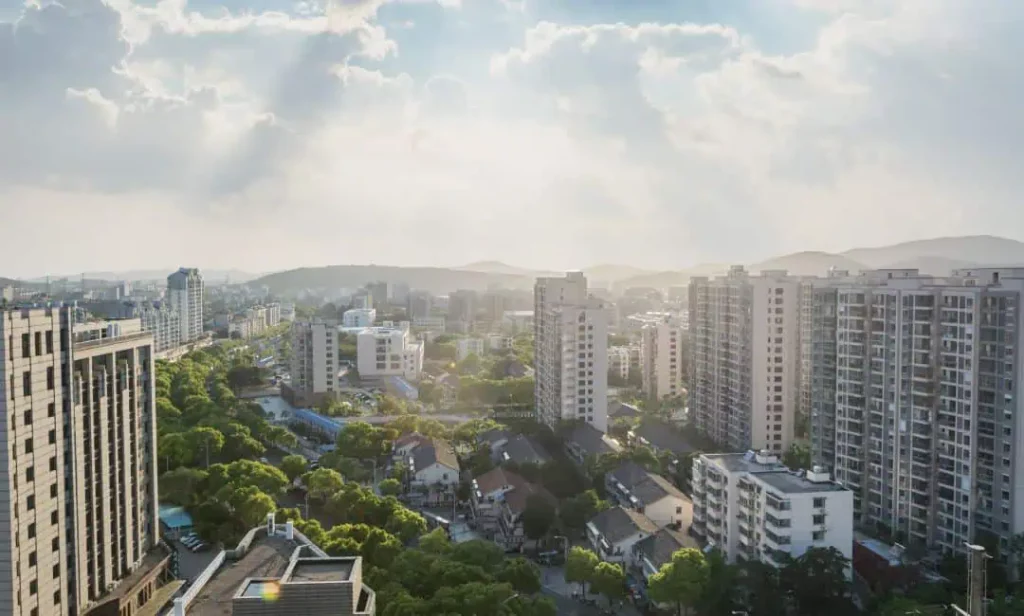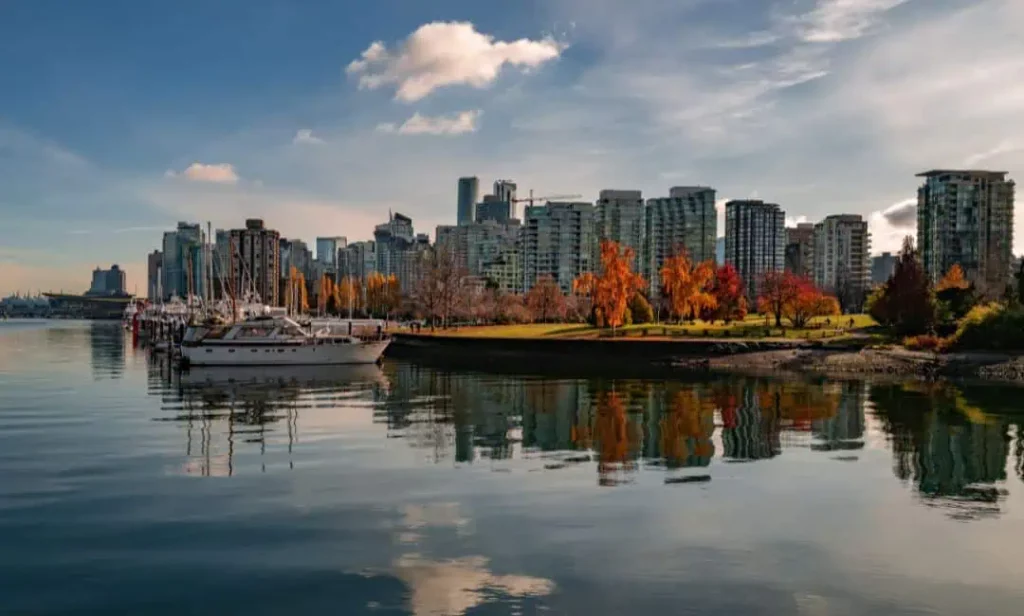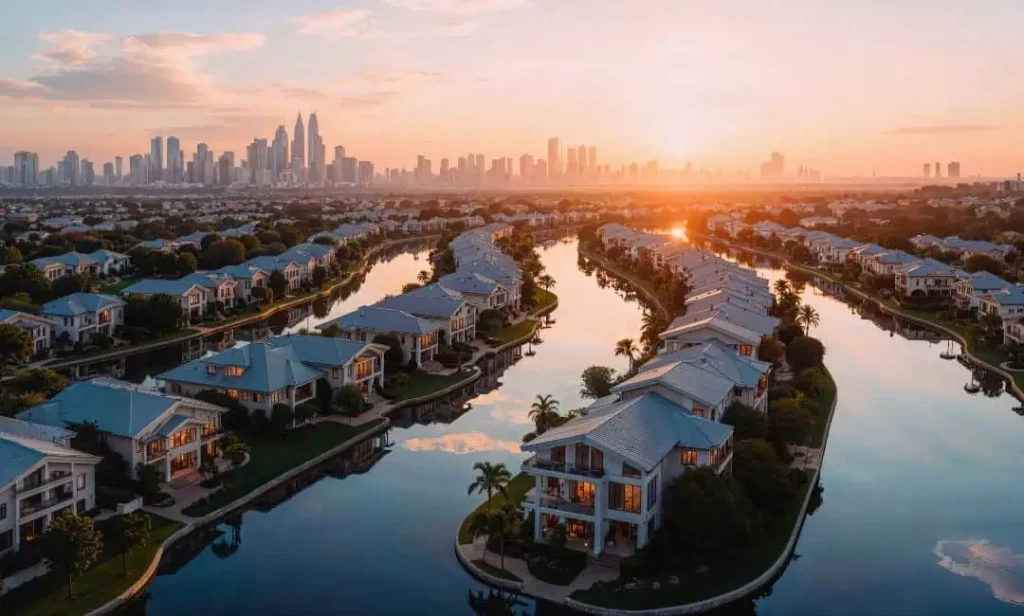
I don’t need to tell you that the Vancouver housing crisis is real. If you live here, you feel it every single day. Prices are sky-high, rents keep climbing, and many families are wondering if they’ll ever be able to afford a place to call home.
Vancouver is known for its beauty, mountains, and ocean views. But it’s also known for being one of the least affordable housing markets in the world. And the problem isn’t getting better—it’s getting worse.
In this blog, I’ll explain:
- The root causes of Vancouver’s housing crisis
- Current risks, including whether we’re in a housing bubble in Vancouver
- The real impact on everyday people
- Solutions are being discussed by governments and experts
- My honest outlook on what the future looks like for buyers, renters, and investors
Let’s start.
Understanding Vancouver’s Housing Crisis
1. Skyrocketing Prices & Declining Affordability
Let’s start with the numbers, because they paint a clear picture.
- Since the year 2000, home prices in Vancouver have increased by over 300%.
- The average home now costs 12 times the median household income. In simple words: if your household makes $100,000 a year, you’d need over $1.2 million to buy the average home.
- Renting isn’t much easier. A one-bedroom apartment now costs more than $2,500 per month in many parts of the city.
That’s why the housing crisis in Vancouver isn’t just a phrase—it’s a lived reality for students, workers, and families.
2. Key Factors Driving the Crisis
So, why is this happening? Why is housing in Vancouver so much more expensive compared to most Canadian cities?
Here are some major reasons:
- Foreign investment: Many buyers see Vancouver real estate as a “safe deposit box” for money. Properties are bought, but not always lived in.
- Limited land: Vancouver is squeezed between the mountains, the ocean, and the U.S. border. There’s only so much land to build on.
- Population growth: People keep moving here, but new housing construction hasn’t kept up.
- Speculative buying: Flipping homes for quick profit adds fuel to the fire.
These forces all combine, creating a Vancouver real estate crisis that affects everyone.
3. Impact on Residents
The human side of this crisis is heartbreaking.
- Young families are leaving the city because they can’t afford to stay.
- Homelessness has been rising as shelter costs outpace wages.
- Many households are drowning in debt, stretching themselves too thin with massive mortgages.
In short, the Vancouver housing shortage doesn’t just hurt your wallet. It shapes how people live, where they work, and whether they can build a future here.
Is Vancouver at Risk of a Housing Bubble Bursting?

This is a question I hear all the time: Are we in a housing bubble in Vancouver?
A housing bubble happens when home prices are way out of line with local incomes and rents, usually driven by speculation.
If you’re unsure what a housing bubble is, check out the full blog on What is a Housing Bubble? It is a must-read for buyers and investors.
1. Bubble Warning Signs
Here are some warning signs that Vancouver might be in bubble territory:
- The price-to-income ratio is one of the highest in the world.
- Rental yields (what landlords make in rent compared to the cost of the mortgage) are very low. In many cases, it costs more to own than to rent.
- About 25% of condos are owned by investors, not residents.
2. Market Correction Risks
If the bubble pops—or even just deflates—what could happen?
- Interest rates: Many owners are stretched thin. Rising mortgage rates can cause real stress.
- Foreign buyers: If international demand slows, prices could dip.
- Overleveraged homeowners: Some individuals have borrowed more than they can afford. A downturn could put them at risk.
This is why people worry about a possible Vancouver housing collapse.
3. Expert Predictions
Economists are divided:
- Some say a 20–30% correction is possible.
- Others believe prices will plateau but not crash.
- Almost everyone agrees on one point: housing affordability will not improve significantly without major policy changes.
That’s the reality of the housing bubble in Vancouver—even if prices cool, it won’t suddenly make homes affordable.
Choosing the right brokerage can shape your success in another location. Learn why top agents consider us the best real estate brokerage to work for in Markham, with training, tools, and a culture built for career growth.
Vancouver Housing Crisis: Potential Solutions & Policy Responses

If you’ve been following the news, you know that different solutions are constantly being proposed. But will they work?
1. Government Interventions
The government has already introduced several measures, including:
- Empty Homes Tax: Owners of vacant homes now pay a tax, recently raised to 3% of property value.
- Speculation & Vacancy Tax: Extra tax on secondary homes not used for rental.
- Density near transit: New zoning rules encourage more apartments and condos near transit stations.
These policies aim to increase supply and discourage speculative holding. But do they go far enough to fix the housing issues in Vancouver?
2. Market-Based Solutions
Apart from government action, the market itself is adapting:
- Purpose-built rentals: Developers are starting to build more long-term rental apartments.
- Co-housing and co-ops: Shared ownership models are gaining interest.
- Modular housing: Quick-to-build prefab homes can provide faster relief.
These approaches won’t solve everything, but they can chip away at the Vancouver housing shortage.
Whether you’re buying or selling in major cities like Toronto, Ottawa, Mississauga, or smaller towns across the province, understanding commission structures is key to making informed decisions. Explore how local market trends and home prices can influence what realtors earn and what clients can expect to pay.
Whether you’re buying or selling in major cities like Ontario or smaller towns across the province, understanding commission structures is key to making informed decisions.
Explore how local market trends and home prices can influence what realtors earn and what clients can expect to pay.
Check out our blog on how much commission a realtor makes in Ontario to understand agent fees, typical rates, and what sellers should expect.
3. Long-Term Challenges
There are still big hurdles:
- Labour shortages: The construction industry doesn’t have enough skilled workers.
- Material costs: Lumber, steel, and cement prices remain high.
- NIMBYism: Some communities resist new developments, especially high-density housing.
Before buying or selling a home, it’s important to understand what a property survey is. Check out our blog to learn why it’s essential and what it includes.
Future Outlook for Vancouver Housing

So where do we go from here?
1. Likely Scenarios
Here are a few realistic possibilities:
- Slow price growth: Instead of a crash, expect gradual growth of around 2–4% annually.
- Tight rental market: With limited supply, rent will remain expensive.
- Creative housing models: Co-ops, shared living, and modular homes will grow in popularity.
In other words, don’t expect a Vancouver real estate collapse, but don’t expect things to suddenly get easy either.
2. Advice for Different Groups
- First-time buyers: You may need to look at condos or suburban communities. Affordability in the core city will remain a challenge.
- Investors: Rental demand will stay strong. But be careful—overpaying can backfire if rents don’t cover costs.
- Policymakers: The focus should be on middle-income housing, not just luxury or subsidized homes.
Whether you’re a first-time buyer or seasoned investor, knowing real estate laws in Canada is essential. Here you can explore the legal side of real estate transactions.
Conclusion: A Crisis Without Easy Solutions
The Vancouver housing crisis isn’t a simple problem. It’s the result of many forces—global money, limited land, population growth, and local politics—all crashing together.
Here’s what I want you to take away:
- There is no single “fix.” We need both government policies and market-based solutions.
- The risk of a Vancouver housing collapse is low, but affordability will stay out of reach for many.
- We need creative housing models, more supply, and policies that support everyday families.
As someone who lives in Canada and watches this market closely, I know how frustrating it can be. But I also believe change is possible. It will take time, patience, and a mix of bold ideas.
The future of Vancouver’s housing crisis will depend on whether we’re willing to work together—governments, developers, and communities—to build a city where everyone has a fair chance to live.
Want to build a successful real estate career? Learn about top real estate brokerages that offer mentorship, technology, and support to empower agents. Visit us and choose the best brokerage to boost your growth and earnings.






